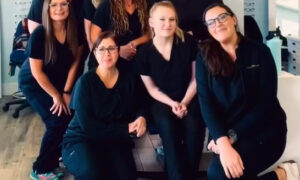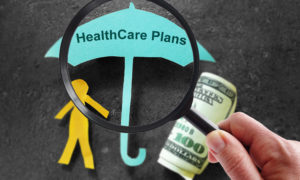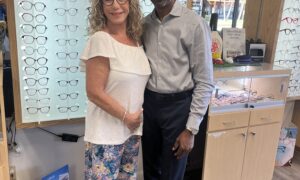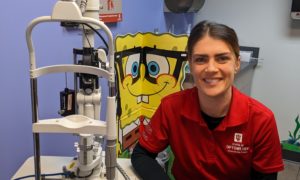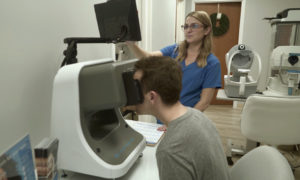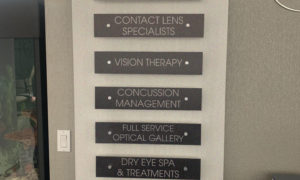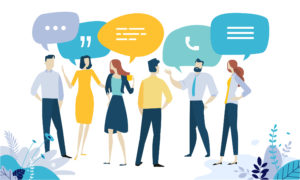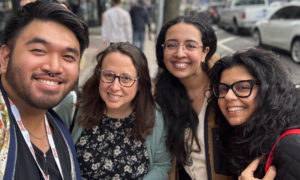May 31, 2023
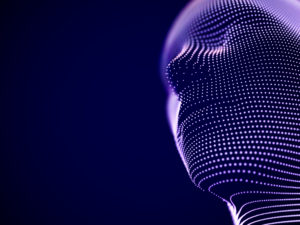
ChatGPT is capable of so much that some professionals feel that the technology is stepping on their toes. Should doctors be among those who feel that way? new research published last month suggests that physicians may have some things to learn from the chatbot when it comes to patient communication, according to a report by Deidre McPhillips on CNN’s website.
A panel of licensed healthcare professionals assessed responses to about 200 different medical questions posed to a public online forum, including patient inquiries about medical diagnoses, need for medical attention and beyond. Responses from ChatGPT were “preferred over physician responses and rated significantly higher for both quality and empathy,” according to the research, McPhillips writes.
Other Articles to Explore
More than a quarter of responses from physicians were considered to be less than acceptable in quality compared with less than 3 percent of those from ChatGPT. Conversely, nearly half of responses from ChatGPT were considered to be empathetic (45 percent) compared with less than 5 percent of those from physicians.
On average, ChatGPT scored 21 percent higher than physicians for the quality of responses and 41 percent more empathetic, according to the study.
In one example provided in the study, McPhillips writes, a patient posed a question to a social media forum about the risk of going blind after a splash of bleach in the eye. ChatGPT started its response by apologizing for the scare, followed by seven more sentences of advice and encouragement about the “unlikely” result of going blind. Meanwhile, one physician responded with “sounds like you will be fine,” followed by the phone number for Poison Control. All clinicians evaluating these responses preferred ChatGPT’s response.



